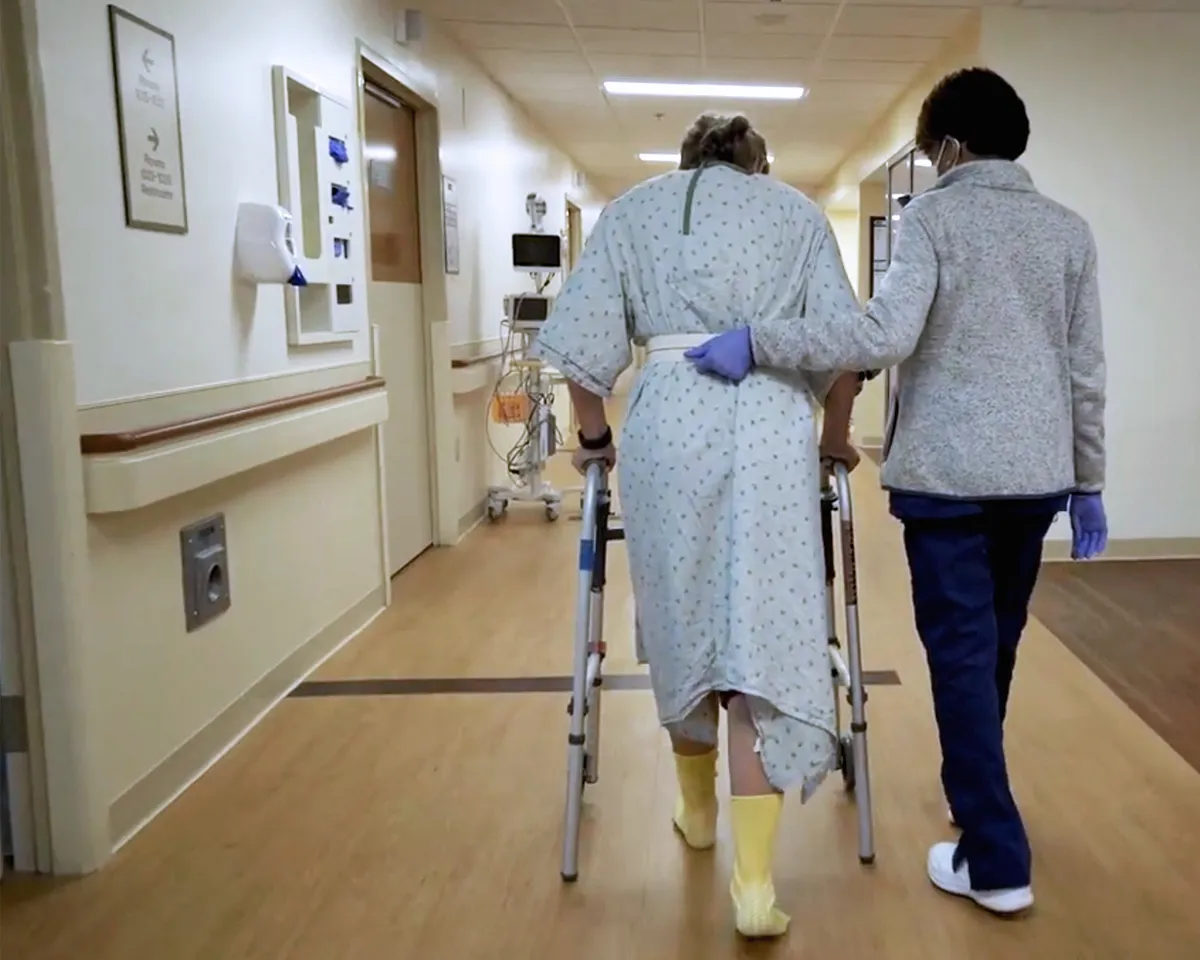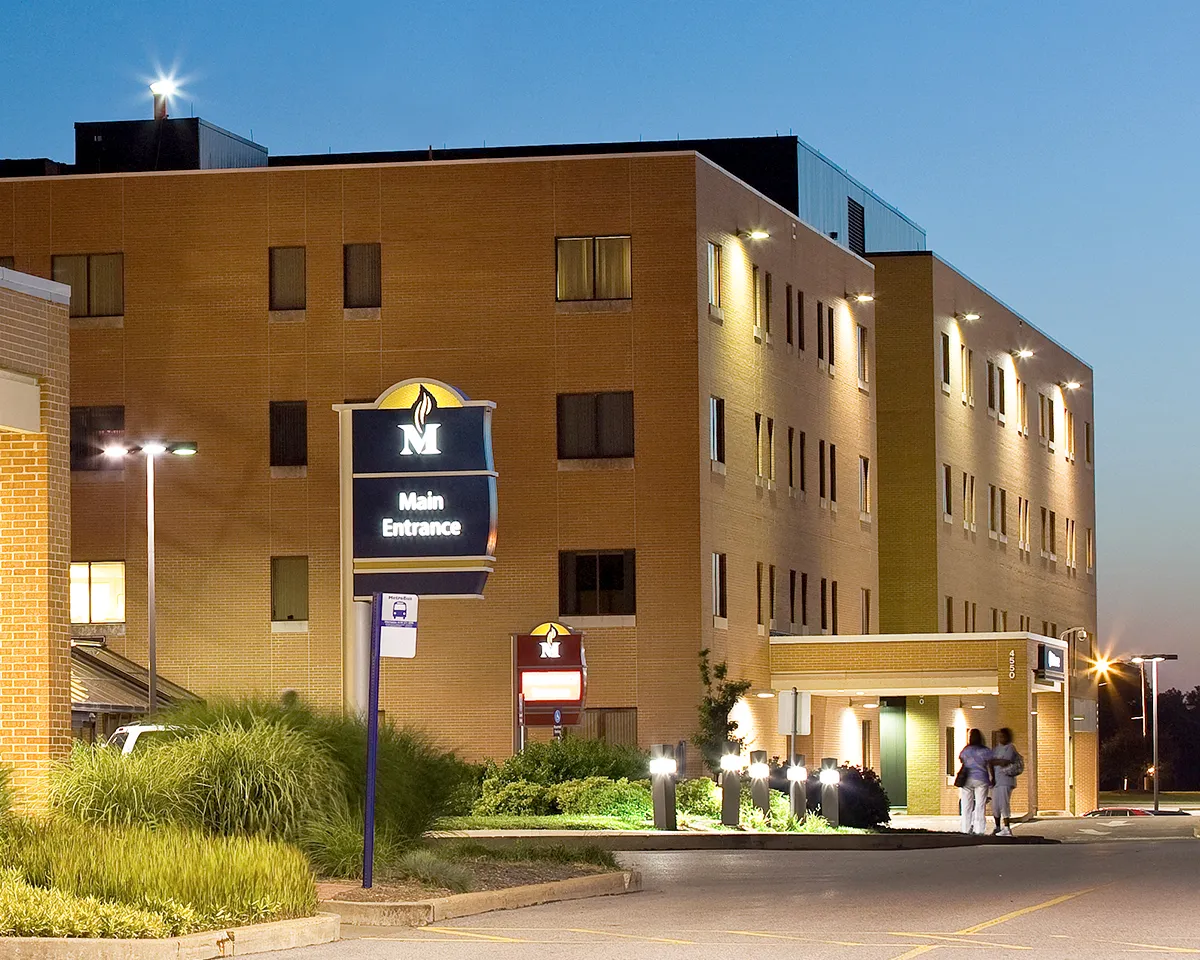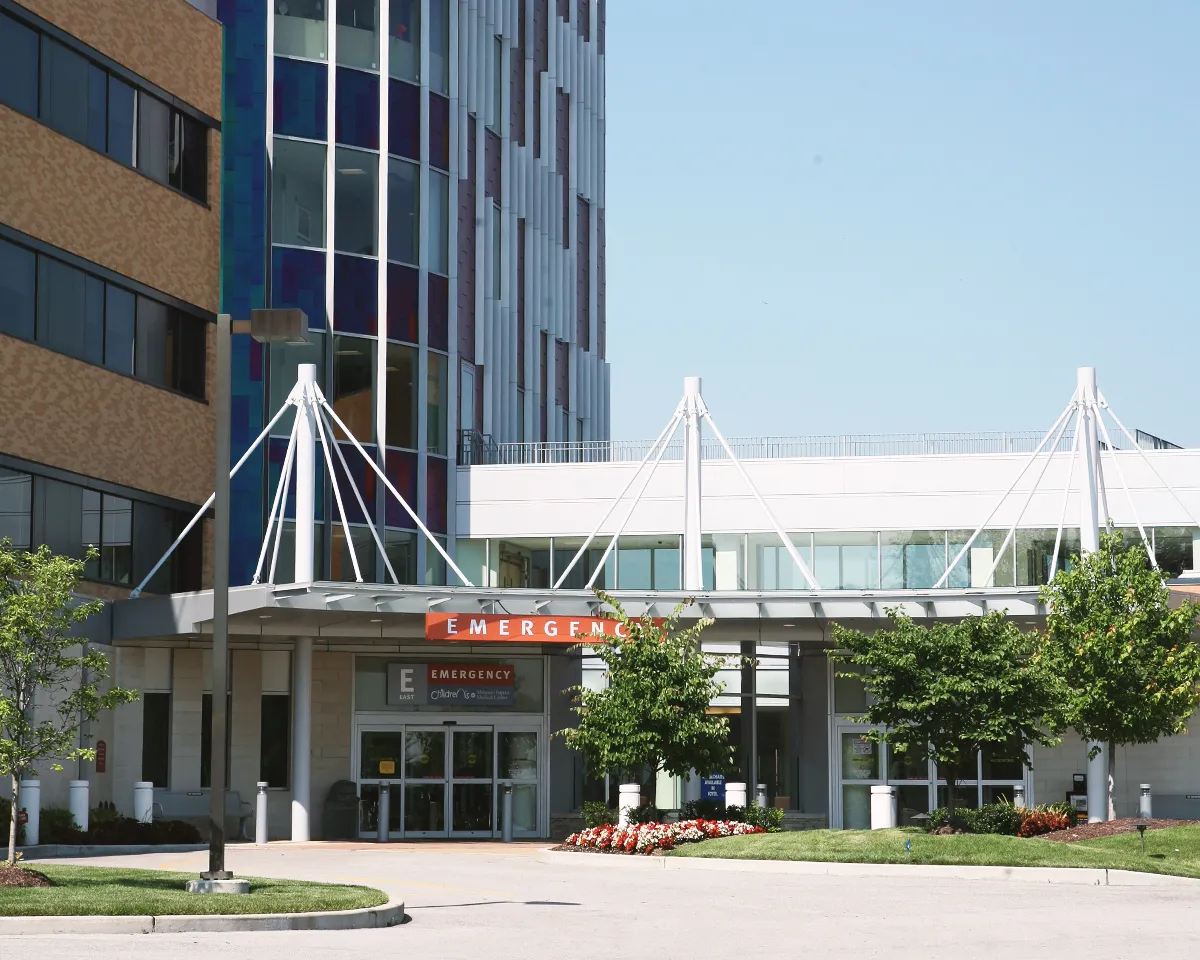Cardiac Electrophysiology
If you have a heart rhythm disorder (arrhythmia), you need specialized care from an experienced team. Our cardiac electrophysiologists provide the tests and minimally invasive treatments you need for better heart function.
BJC HealthCare works with Washington University physicians, BJC Medical Group, and providers across the region to deliver extraordinary care. We partner with arrhythmia specialists and Washington University School of Medicine that lead patient care and research to improve diagnosis and treatment. People come to us from across the St. Louis region and surrounding states for our expertise with heart rhythm disorders.
At our hospitals you’ll find:
Advanced training: Our team includes specialists with fellowship training and board certifications in cardiology and electrophysiology.
Comprehensive care: Electrophysiologists (cardiologists who specialize in arrhythmias) work alongside experts in cardiology, heart surgery, interventional cardiology and other fields. You receive seamlessly coordinated care from one source.
Pioneers in arrhythmia care: Our hospitals and physician partners are often the first to introduce new heart rhythm disorder treatments to the region. In fact, a Washington University School of Medicine surgeon developed the revolutionary Cox-Maze procedure for atrial fibrillation.
Latest minimally invasive treatments: Missouri Baptist Medical Center was the first in the Midwest to offer a new arrhythmia treatment using advanced robotic technology. Robotic magnetic navigation is a safer, more precise alternative to traditional catheter ablation for complex, hard-to-reach heart rhythm problems.
Missouri Baptist Medical Center is the first hospital in the Midwest to offer a new advanced robotic technology to treat cardiac arrhythmias.
Cardiac electrophysiology is heart care that focuses on the heart’s electrical system, which controls your heartbeat. A heart rhythm disorder means your heart is beating too fast, too slow or irregularly. Our electrophysiologists are cardiologists who specialize in diagnosing and treating arrhythmias.
Our cardiac electrophysiologists treat all types of conditions affecting your heart’s electrical system. We have experience in arrhythmias caused by underlying heart conditions such as heart valve disease, adult congenital heart disease and cardiomyopathy. The conditions we treat include:
- Atrial fibrillationAtrial fibrillation, or A-fib, means your heart rate is irregular and too fast. It can lead to a stroke, blood clots and other problems.
- BradycardiaBradycardia is a heart rhythm disorder where your heart beats too slowly (fewer than 60 beats per minute). It may cause fatigue or shortness of breath.
- Brugada SyndromeBrugada syndrome is a rare genetic condition that causes an irregular heartbeat. It's a dangerous condition that can lead to sudden cardiac arrest.
- Long QT syndromeLong QT syndrome is a heart rhythm disorder that affects your heart's electrical system. Your heart takes too long to recharge between beats.
- Sudden cardiac arrestSudden cardiac arrest is a life-threatening condition where your heart suddenly stops beating. It's a medical emergency.
- TachycardiaTachycardia is a heart rhythm disorder where your heart beats too fast (more than 100 beats per minute). It may cause fainting or palpitations.
- Wolff-Parkinson-White syndrome (WPW)WPW syndrome is a congenital heart rhythm disorder, meaning it's present at birth. It causes a fast heart rate.
Our diagnostic tests and procedures are minimally invasive. We insert catheters (thin, flexible tubes) into veins in your arm, neck or leg and guided the catheters to your heart. Sensors in the catheters help us locate where you have abnormal electrical impulses.
Our electrophysiologists specialize in all the latest procedures for diagnosis and treatment of heart rhythm disorders. You can often receive diagnosis and treatment for a heart rhythm disorder with the same procedure.
 Barnes-Jewish Hospital
Barnes-Jewish Hospital Christian Hospital
Christian Hospital Memorial Hospital Belleville
Memorial Hospital Belleville Missouri Baptist Medical Center
Missouri Baptist Medical Center
Schedule your appointment
Call (314) 362-9355 or (800) 392-0936 to schedule your appointment with a specialist.